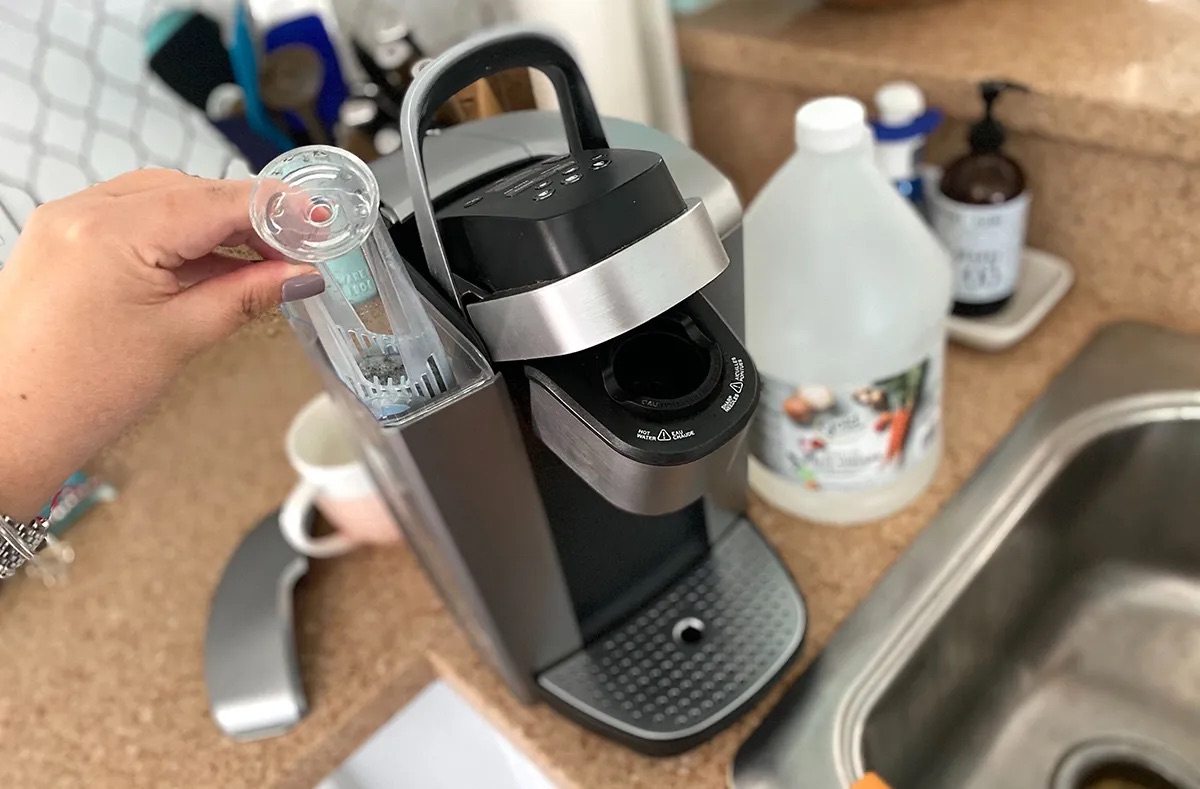

Articles
What Can Be Used To Descale A Coffee Machine
Modified: February 26, 2024
Discover effective methods and solutions for descaling your coffee machine in this informative article. Say goodbye to limescale buildup and enjoy a clean and efficient brewing process.
(Many of the links in this article redirect to a specific reviewed product. Your purchase of these products through affiliate links helps to generate commission for Storables.com, at no extra cost. Learn more)
What Can Be Used To Descale A Coffee Machine
Descaling is an important maintenance task for coffee machines. Over time, mineral deposits from water and coffee residue can build up inside the machine, affecting its performance and the quality of the coffee it produces. Descaling helps remove these deposits and keeps the machine running smoothly. There are several products that can be used to descale a coffee machine, ranging from commercial descaling solutions to common household items.
Key Takeaways:
- Regular descaling of your coffee machine is crucial for optimal performance, better-tasting coffee, and prolonged lifespan. Choose from commercial descaling products or household items like vinegar, citric acid, lemon juice, and baking soda for effective descaling.
- Follow the manufacturer’s instructions and guidelines when descaling your coffee machine. The general descaling process involves preparing the solution, running the descaling cycle, rinsing the machine, and flushing with clean water. Regular descaling every three to six months is recommended for maintaining peak performance.
Read more: What Does Descaling A Coffee Machine Do
Introduction
Imagine waking up in the morning, craving that perfect cup of coffee to kickstart your day, only to find that your beloved coffee machine is not working as it should. The culprit? Mineral deposits and coffee residue that have built up over time, affecting the machine’s performance and the taste of your coffee. This is why descaling is an essential maintenance task for any coffee machine owner.
Descaling involves removing these deposits and cleaning the internal components of the coffee machine, ensuring optimal brewing conditions and extending the lifespan of your beloved appliance. But what can be used to descale a coffee machine? In this article, we will explore various options, including commercial descaling products and common household items that can effectively tackle the task.
Why is Descaling Important?
Descaling is crucial for the long-term performance of your coffee machine. Here are a few key reasons why descaling is important:
- Prolongs machine lifespan: Mineral deposits, usually caused by hard water, can accumulate over time and clog the internal components of the coffee machine. Descaling removes these deposits, ensuring proper functioning and prolonging the lifespan of the machine.
- Enhances coffee quality: When mineral deposits and coffee residue build up inside the machine, they can affect the temperature and pressure, resulting in subpar coffee flavor. Descaling helps maintain optimal brewing conditions, ensuring a delicious and consistent cup of coffee.
- Prevents blockages: As mineral deposits accumulate, they can create blockages in the water lines and valves of the coffee machine. Descaling prevents these blockages, ensuring a smooth flow of water and preventing any potential damage to the machine.
- Maintains machine performance: A clean and descaled coffee machine operates at peak performance, brewing coffee efficiently and quickly. Regular descaling helps maintain the machine’s performance and prevents any coffee brewing issues.
Given these reasons, it is vital to incorporate descaling into your coffee machine’s routine maintenance. Now that we understand the importance of descaling, let’s explore the different options available for descaling a coffee machine.
Commercial Descaling Products
When it comes to descaling a coffee machine, there are numerous commercial descaling products available on the market. These products are specifically designed for removing mineral deposits and coffee residues effectively. Here are a few popular options:
- Coffee Machine Descaling Solutions: Many coffee machine manufacturers produce their own descaling solutions, which are formulated to safely and effectively remove deposits. These solutions are often available in liquid or powder form and come with detailed instructions on how to use them.
- Descaling Tablets: Descaling tablets are a convenient option, as they are pre-dosed and ready to use. Simply follow the manufacturer’s instructions to dissolve the tablet in water and run the descaling cycle. These tablets are designed to dissolve and clean the internal components of the coffee machine.
- Descaling Powders: Descaling powders are another popular choice. They are formulated with citric acid or other descaling agents that effectively break down mineral deposits. These powders are usually dissolved in water and run through the coffee machine’s descaling cycle.
When choosing a commercial descaling product, it is essential to read the instructions carefully and follow the manufacturer’s recommendations. Different machines may have specific descaling requirements, so it is important to select a product compatible with your coffee machine.
Now that we have explored commercial descaling solutions, let’s move on to some household items that can be used to descale a coffee machine.
Vinegar
Vinegar is a readily available household item that can be used to descale a coffee machine. It contains acetic acid, which effectively breaks down mineral deposits and dissolves coffee residue. Here’s how you can use vinegar to descale your coffee machine:
- Prepare a mixture of equal parts white vinegar and water. The exact proportions may vary depending on the severity of the buildup, so adjust accordingly.
- Pour the mixture into the water reservoir of the coffee machine.
- Start the brewing cycle and allow the vinegar solution to run through the machine.
- Once the brewing cycle is complete, discard the vinegar solution and rinse the water reservoir thoroughly to remove any residual vinegar.
- Run a few brewing cycles with clean water to flush out any remaining vinegar taste or odor from the coffee machine.
It is important to note that using vinegar to descale a coffee machine is most suitable for machines with stainless steel components. If your coffee machine has a lot of plastic parts, it is advisable to check the manufacturer’s instructions or consult their customer support to ensure vinegar is safe to use.
Vinegar is an affordable and easily accessible option for descaling, but it does have a strong odor. Some people find that the vinegar smell can linger in the machine and affect the taste of subsequent brews. To help eliminate the odor, you can run additional brewing cycles with clean water or wipe down the machine with a cloth soaked in water. This will help remove any residual vinegar smell.
Now that we have covered vinegar as a descaling agent, let’s explore another household item that can effectively descale a coffee machine: citric acid.
Read more: How To Descale A Delonghi Coffee Machine
Citric Acid
Citric acid is another household item that can be used to descale a coffee machine. It is a natural acid found in fruits, especially citrus fruits like lemons and oranges. Citric acid is known for its effective descaling properties and its ability to break down mineral deposits. Here’s how you can use citric acid to descale your coffee machine:
- Dissolve 1 to 2 tablespoons of citric acid in a cup of warm water. The exact amount may vary depending on the size of your coffee machine and the level of buildup.
- Pour the solution into the water reservoir of the coffee machine.
- Start the brewing cycle and allow the citric acid solution to run through the machine.
- Once the brewing cycle is complete, discard the solution and rinse the water reservoir thoroughly.
- Run a few brewing cycles with clean water to flush out any remaining citric acid.
Citric acid offers a natural and effective way to descale your coffee machine. It is generally considered safe to use and does not leave behind a strong odor like vinegar. However, it is important to note that some coffee machine manufacturers may not recommend the use of citric acid for descaling, especially if your machine has certain materials or coatings that could be affected by the acid. It is always best to consult the manufacturer’s guidelines before using citric acid.
In the next section, we will explore another household item that can be used for descaling: lemon juice.
Use a mixture of equal parts water and white vinegar to descale your coffee machine. Run the solution through the machine, then follow with a few cycles of plain water to rinse.
Lemon Juice
Lemon juice is a natural and acidic household item that can effectively descale a coffee machine. It contains citric acid, which helps break down mineral deposits and remove coffee residue. Here’s how you can use lemon juice to descale your coffee machine:
- Squeeze the juice of one or two lemons, depending on the size of your coffee machine and the level of buildup.
- Mix the lemon juice with an equal amount of water.
- Pour the mixture into the water reservoir of the coffee machine.
- Start the brewing cycle and allow the lemon juice solution to run through the machine.
- Once the brewing cycle is complete, discard the solution and rinse the water reservoir thoroughly.
- Run a few brewing cycles with clean water to flush out any remaining lemon juice.
Lemon juice is an effective alternative to vinegar or citric acid, providing a fresh and citrusy scent during the descaling process. However, similar to citric acid, it is always important to check the manufacturer’s guidelines to ensure that using lemon juice is safe for your specific coffee machine.
Now that we have covered lemon juice as a descaling agent, let’s explore one more common household item that can be used: baking soda.
Baking Soda
Baking soda, or sodium bicarbonate, is a versatile household item that can also be used to descale a coffee machine. While it may not be as strong as vinegar or citric acid, baking soda can still help remove mild mineral deposits and coffee residue. Here’s how you can use baking soda to descale your coffee machine:
- Mix 1 tablespoon of baking soda with 1 cup of water to create a descaling solution.
- Pour the solution into the water reservoir of the coffee machine.
- Start the brewing cycle and allow the baking soda solution to run through the machine.
- Once the brewing cycle is complete, discard the solution and rinse the water reservoir thoroughly.
- Run a few brewing cycles with clean water to flush out any remaining baking soda.
Baking soda acts as a gentle descaling agent and can help remove minor buildup in your coffee machine. It is a safe option to use, and it does not leave behind any strong odors or flavors. However, it may not be as effective for stubborn or heavy mineral deposits compared to other descaling agents.
It is important to note that while baking soda is generally safe for use in coffee machines, it may not be suitable for machines with certain materials or coatings. As always, refer to the manufacturer’s instructions or guidelines to ensure that using baking soda is compatible with your specific coffee machine.
Now that we have explored various household items, let’s move on to commercial descaling agents that are specifically formulated for descaling coffee machines.
Commercial Descaling Agents
In addition to household items, there are commercial descaling agents available that are specifically formulated for descaling coffee machines. These products are designed to be effective and safe for use on various types of coffee machines. Here are some popular commercial descaling agents:
- Brand-Specific Descaling Agents: Many coffee machine manufacturers offer their own brand-specific descaling agents. These descaling agents are specifically designed to work with their machines, ensuring optimal performance and longevity.
- Universal Descaling Solutions: There are also universal descaling solutions available on the market that are compatible with a wide range of coffee machines. These solutions are formulated to effectively remove mineral deposits and coffee residues without causing any damage to the machine.
When using a commercial descaling agent, it is essential to follow the manufacturer’s instructions carefully. Typically, you will need to mix the descaling agent with water, pour it into the water reservoir, and run a descaling cycle. Afterwards, rinse the water reservoir and run a few brewing cycles with clean water to ensure any traces of the descaling agent are thoroughly flushed out.
Commercial descaling agents are often preferred for their convenience and ease of use. They are specifically designed to target the mineral deposits and coffee residues commonly found in coffee machines, ensuring thorough cleaning and optimal performance.
Regardless of whether you choose a commercial descaling agent or a household item, it is essential to descale your coffee machine regularly to maintain its performance and extend its lifespan.
In the next section, we will discuss the general process of how to descale a coffee machine.
Read more: How To Descale Philips Coffee Machine
How to Descale a Coffee Machine
Now that we have explored different descaling options, let’s discuss the general process of how to descale a coffee machine:
- Read the manufacturer’s instructions: Before starting the descaling process, it is important to familiarize yourself with the specific descaling instructions provided by the coffee machine manufacturer. This will ensure you follow the recommended procedure and avoid any potential damage to the machine.
- Prepare the descaling solution: Depending on the descaling agent you are using, prepare the descaling solution according to the instructions provided. This may involve diluting the descaling agent with water to the recommended strength.
- Empty the water reservoir: Remove any water or leftover coffee from the machine’s water reservoir. Discard any used coffee grounds or pods from the coffee machine.
- Pour the descaling solution: Pour the prepared descaling solution into the water reservoir of the coffee machine. Ensure that you pour the solution carefully and avoid spills or overfilling.
- Start the descaling cycle: Start the descaling cycle as per the manufacturer’s instructions. This will usually involve pressing a specific button or combination of buttons to initiate the descaling process. Allow the descaling solution to run through the machine, thoroughly cleaning the internal components.
- Flush with clean water: Once the descaling cycle is complete, empty the water reservoir and rinse it thoroughly with clean water. This will help remove any residue from the descaling solution.
- Run a few brewing cycles: Fill the water reservoir with fresh, clean water and run a few brewing cycles without any coffee grounds or pods. This will help flush out any remaining traces of the descaling solution and ensure that the coffee machine is clean and ready for use.
- Regular maintenance: To keep your coffee machine in optimal condition, it is recommended to descale it regularly according to the manufacturer’s guidelines. The frequency of descaling can vary based on the water hardness and usage, but a general recommendation is to descale every three to six months.
Remember to always refer to the specific descaling instructions provided by your coffee machine manufacturer. Following the recommended procedure will help ensure effective descaling and keep your coffee machine in top-notch condition.
By taking the time to descale your coffee machine, you can enjoy better-tasting coffee and prolong the lifespan of your beloved appliance.
Now, let’s summarize what we’ve covered in this article.
Conclusion
Descaling is a vital maintenance task that every coffee machine owner should prioritize. The accumulation of mineral deposits and coffee residue can affect the performance and taste of your coffee. Thankfully, there are several effective descaling options available.
In this article, we explored various descaling methods, including commercial descaling products and common household items. Commercial descaling products, such as descaling solutions, tablets, and powders, are specifically designed to remove deposits and ensure optimal machine performance.
Alternatively, household items like vinegar, citric acid, lemon juice, and baking soda can also be effective descaling agents. They offer natural and readily available alternatives for those who prefer using household items to descale their coffee machines.
Remember to always follow the manufacturer’s instructions and guidelines when descaling your coffee machine. Each machine may have specific requirements and compatibility with certain descaling agents.
The general process of descaling involves preparing the descaling solution, pouring it into the water reservoir, running the descaling cycle, rinsing the machine, and flushing with clean water. Regular descaling, approximately every three to six months, is recommended to maintain optimal performance.
By incorporating descaling into your coffee machine maintenance routine, you can enjoy better coffee flavor, prolong the lifespan of your machine, and ensure a pleasant coffee brewing experience each morning.
So, take the necessary steps to descale your coffee machine and savor every sip of that perfectly brewed cup of coffee!
Frequently Asked Questions about What Can Be Used To Descale A Coffee Machine
Was this page helpful?
At Storables.com, we guarantee accurate and reliable information. Our content, validated by Expert Board Contributors, is crafted following stringent Editorial Policies. We're committed to providing you with well-researched, expert-backed insights for all your informational needs.
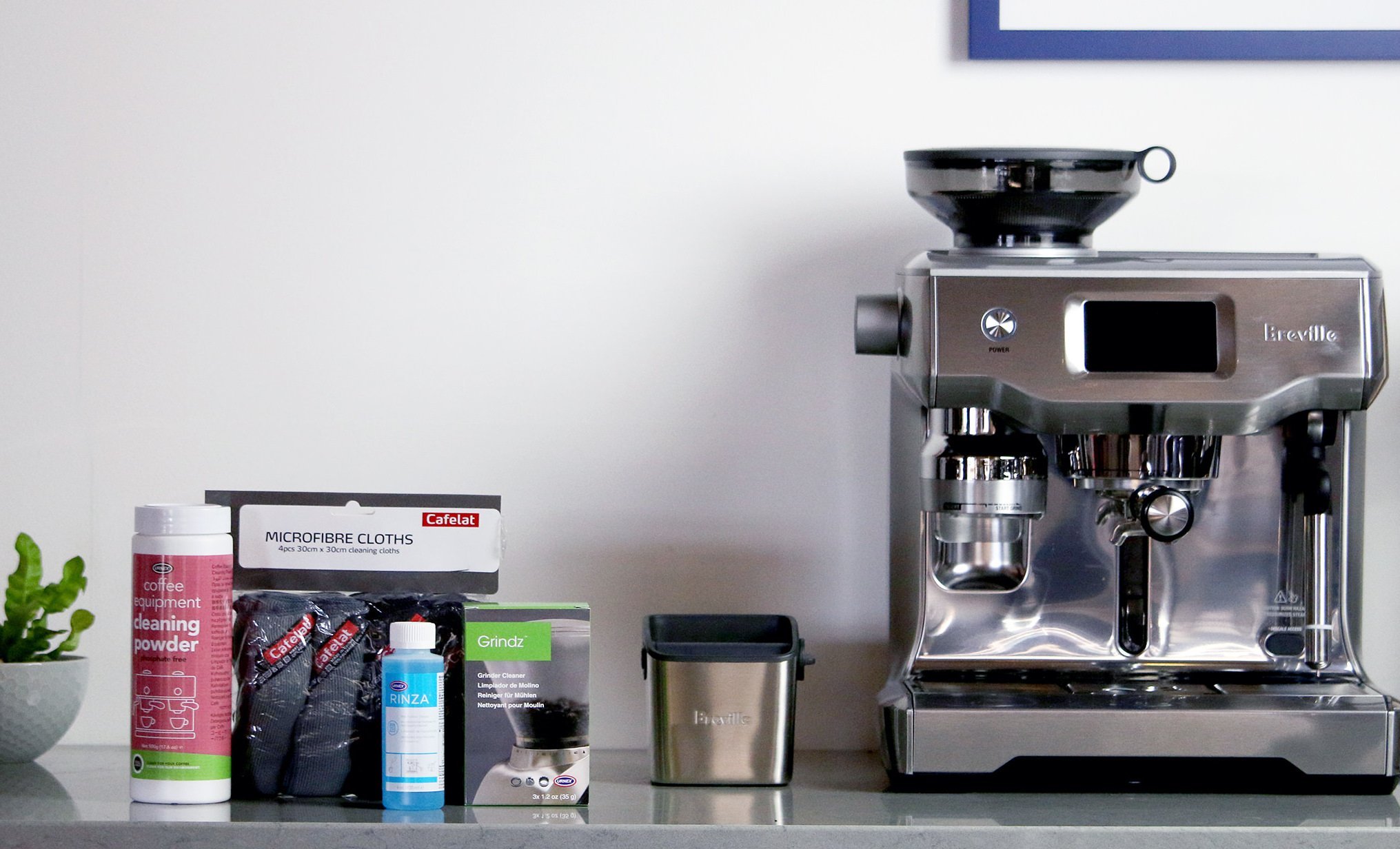
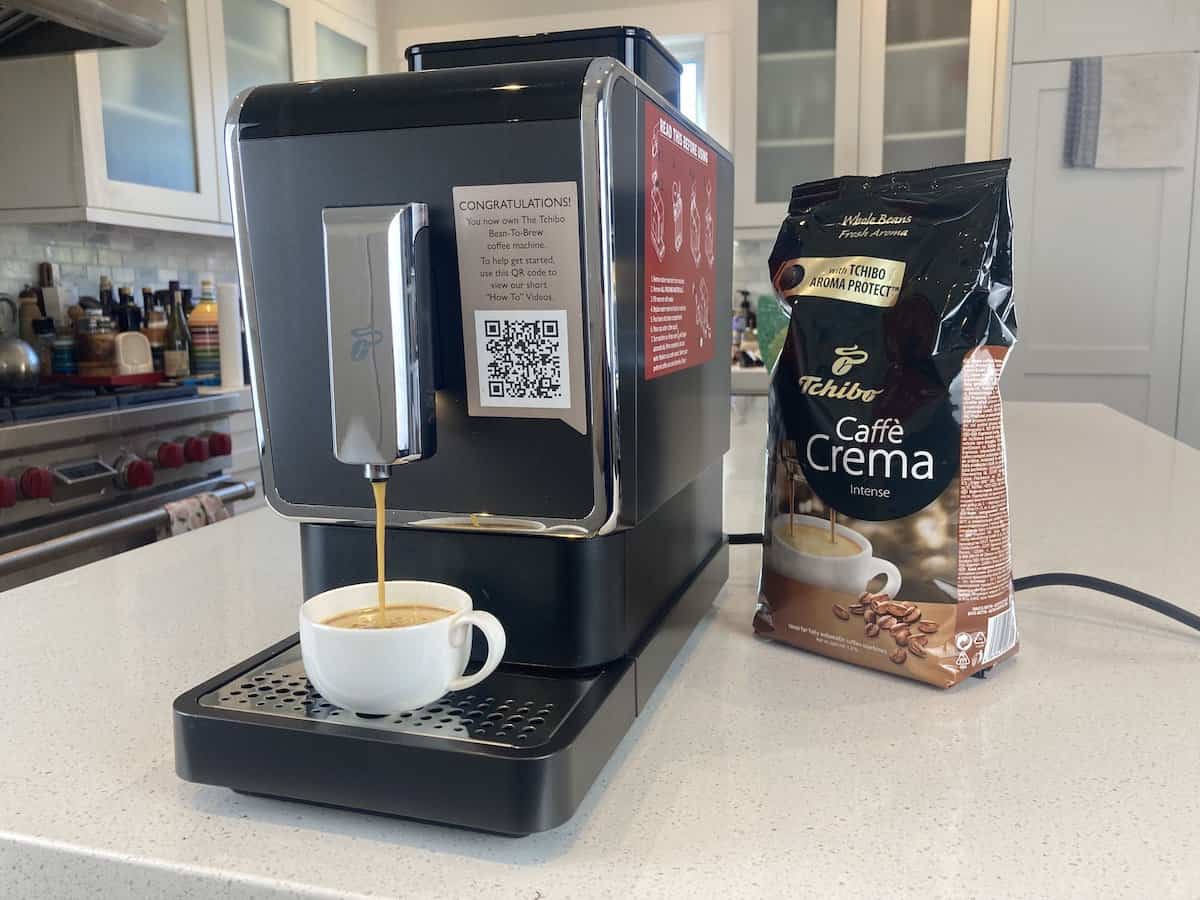
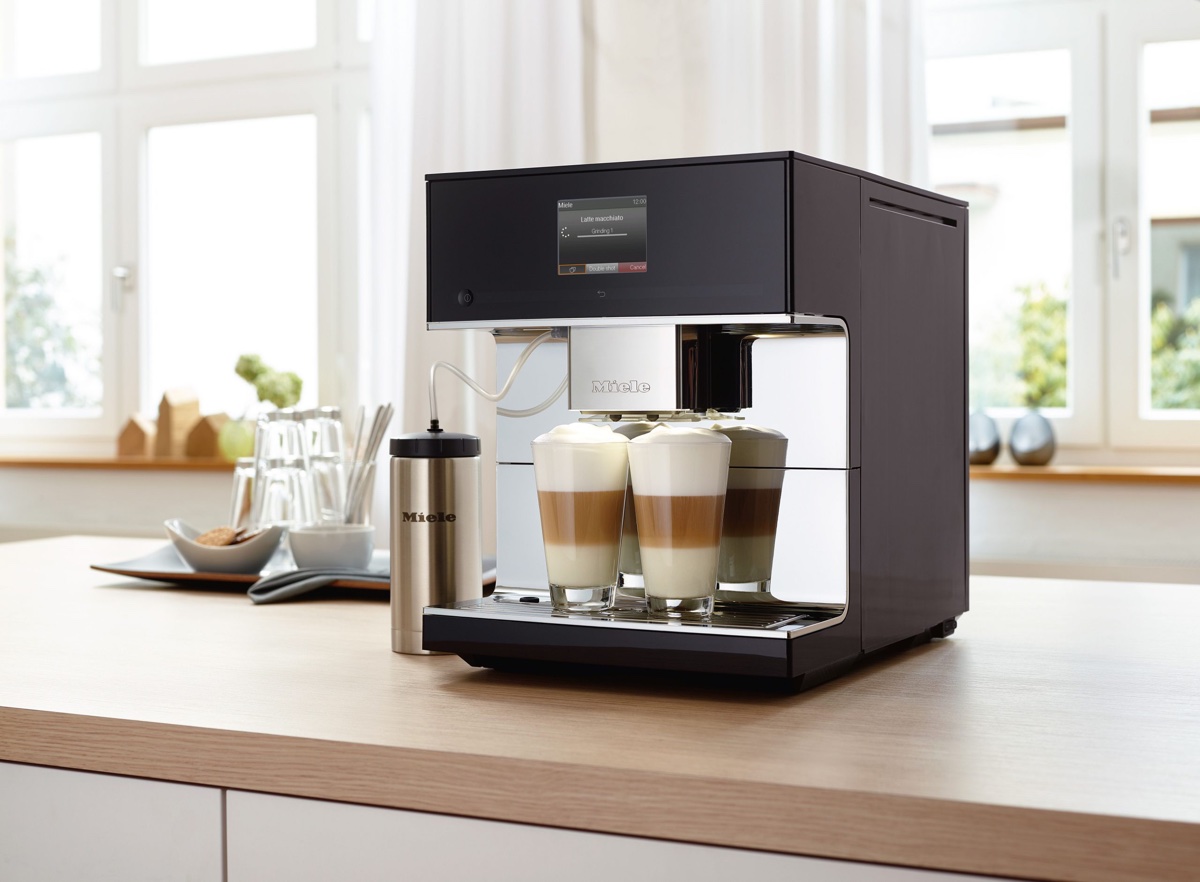
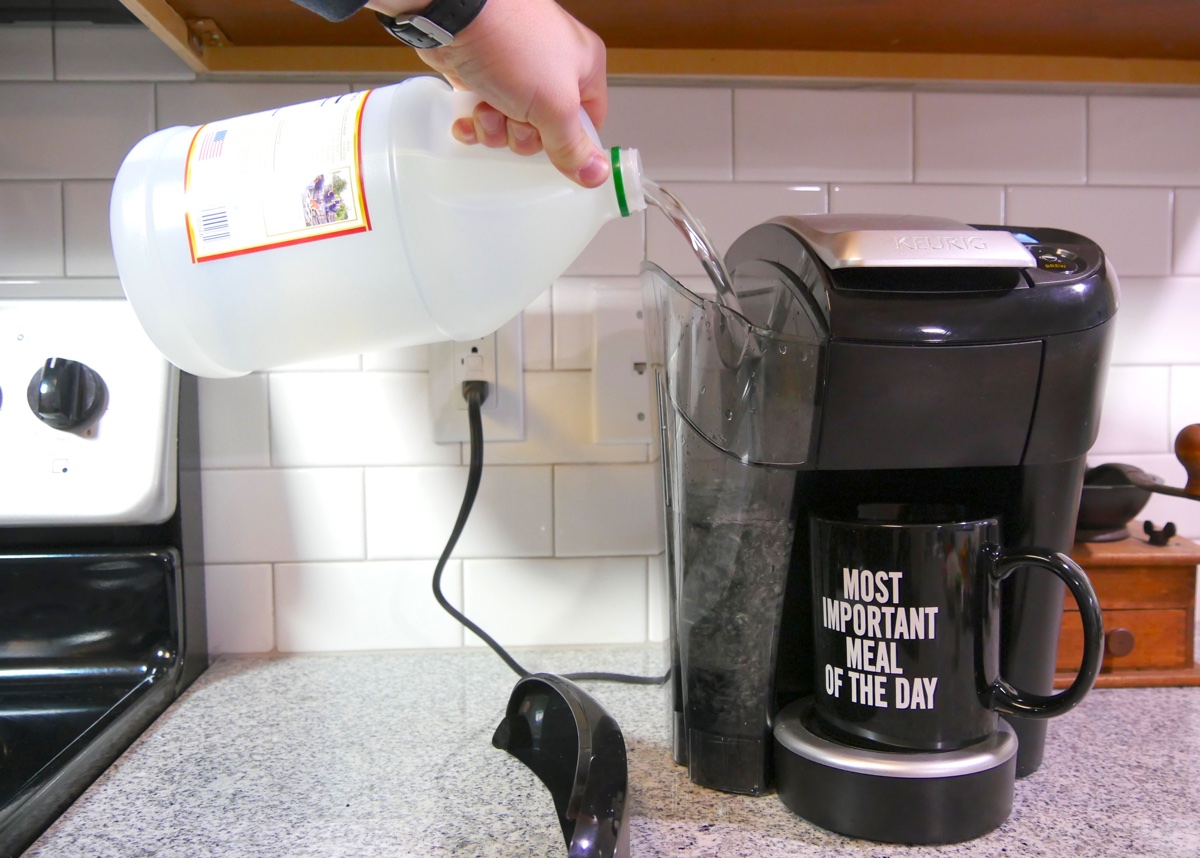
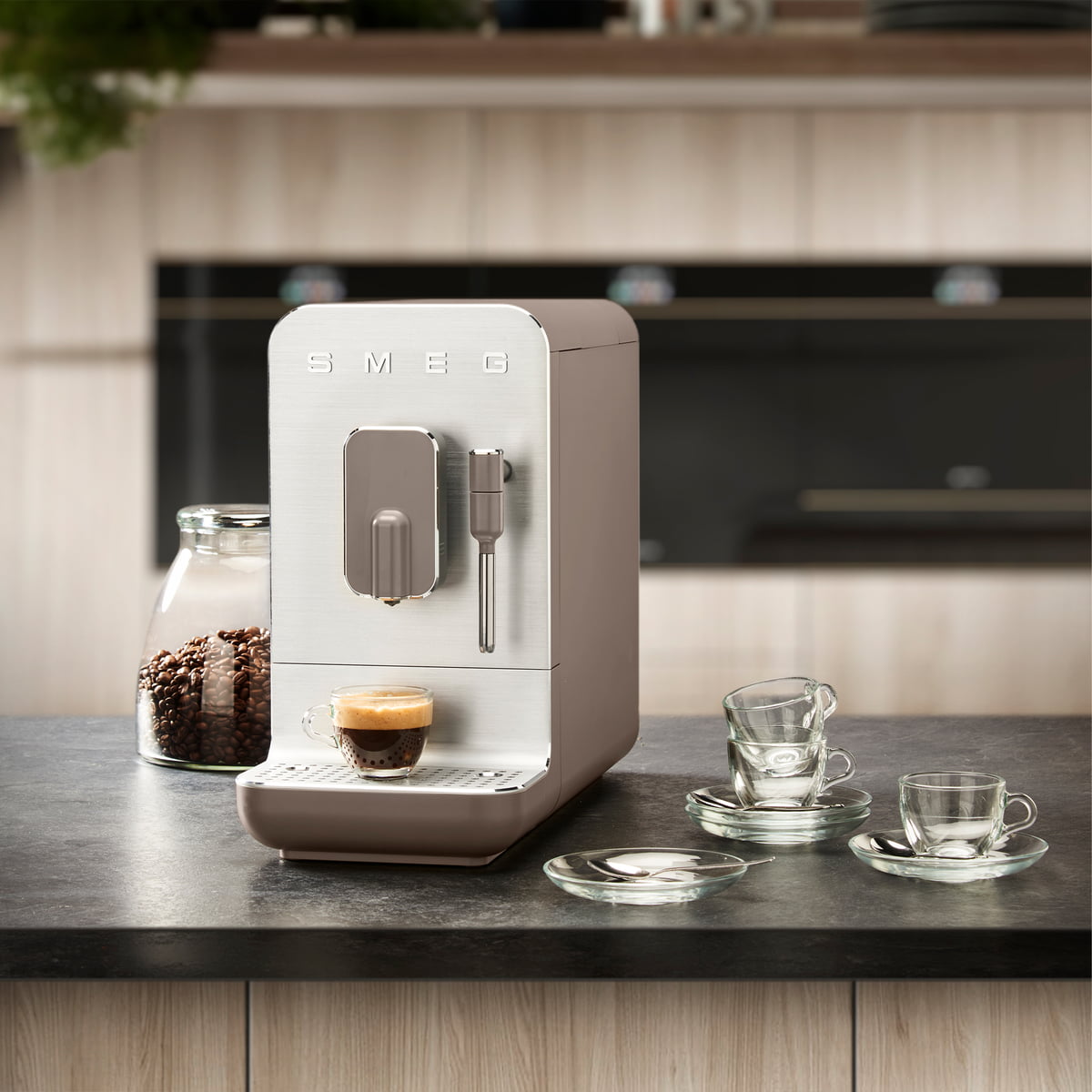
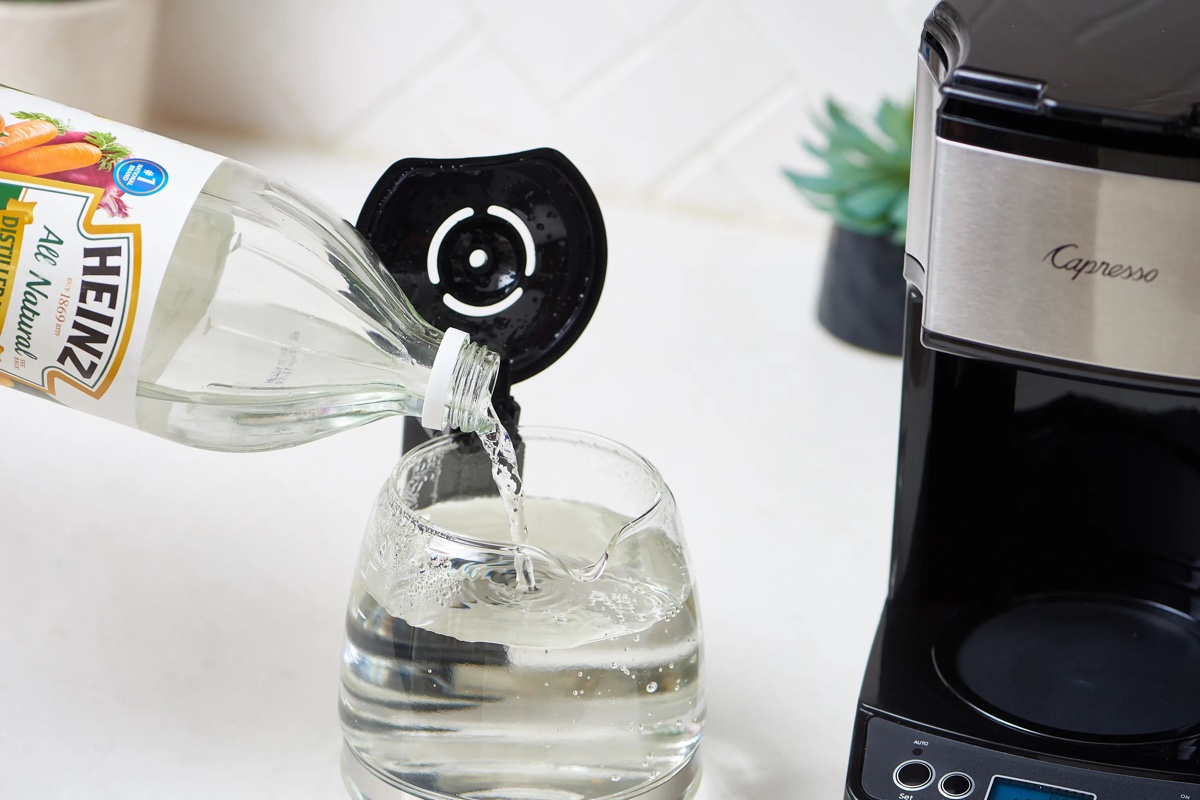
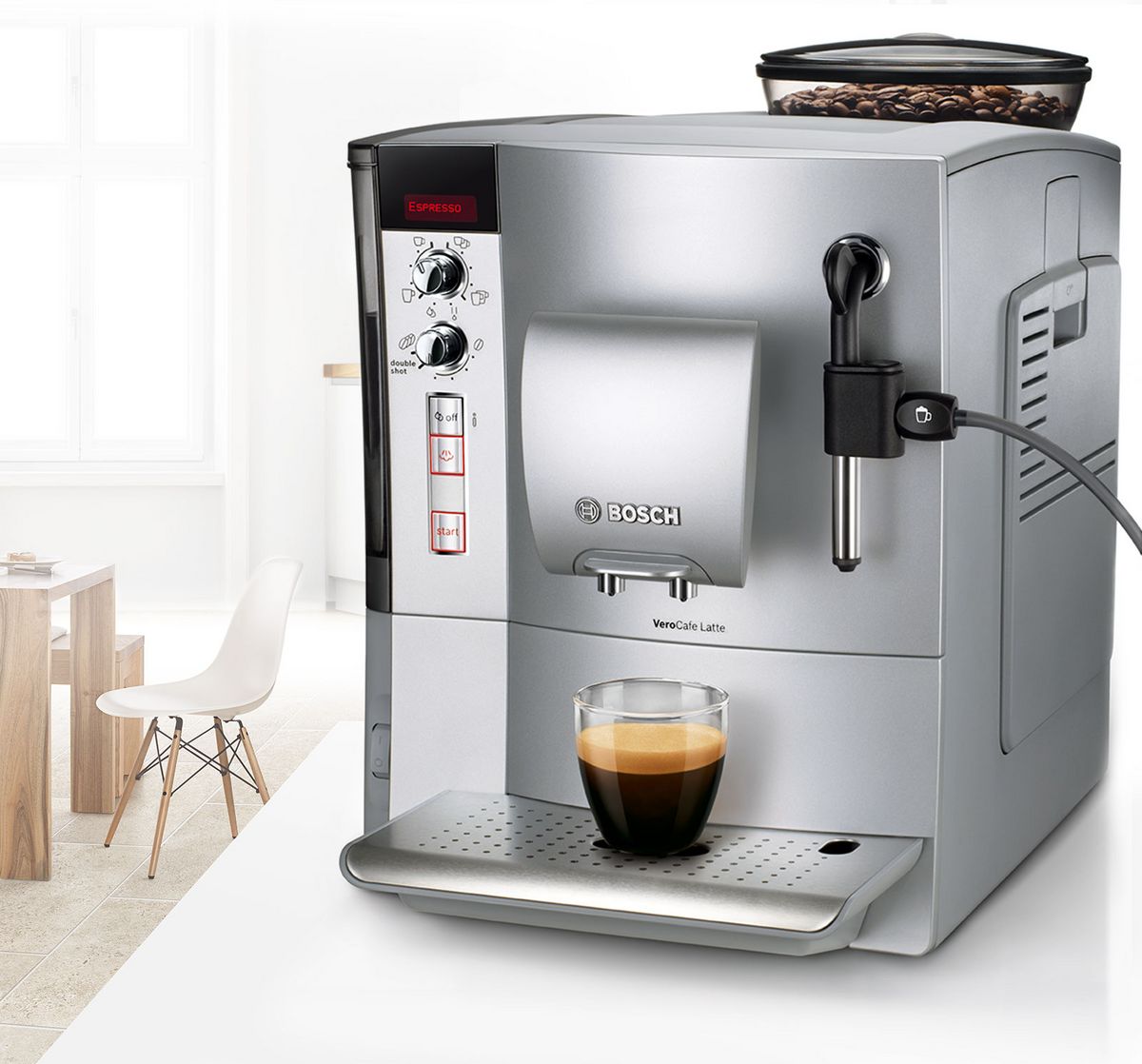
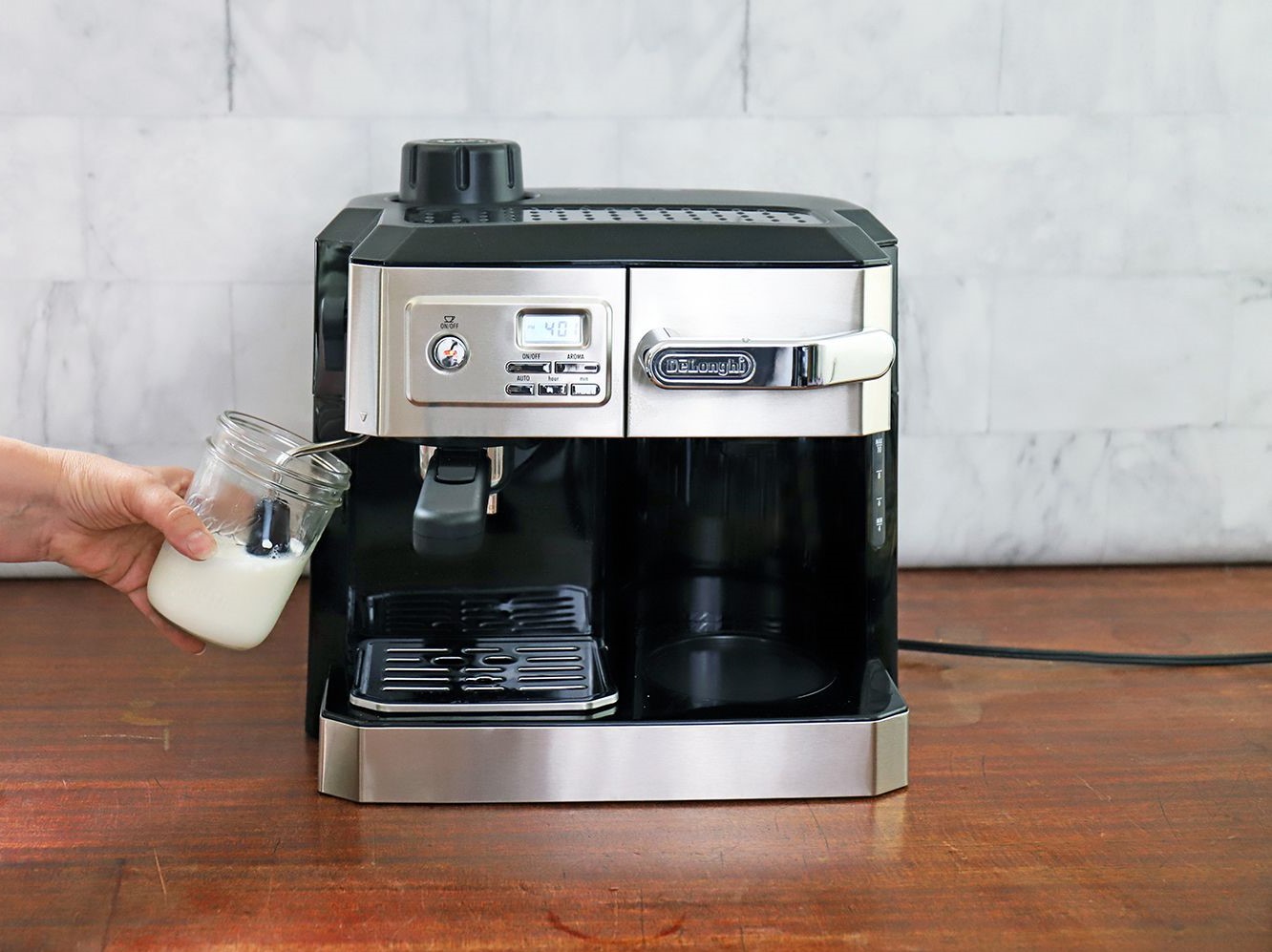
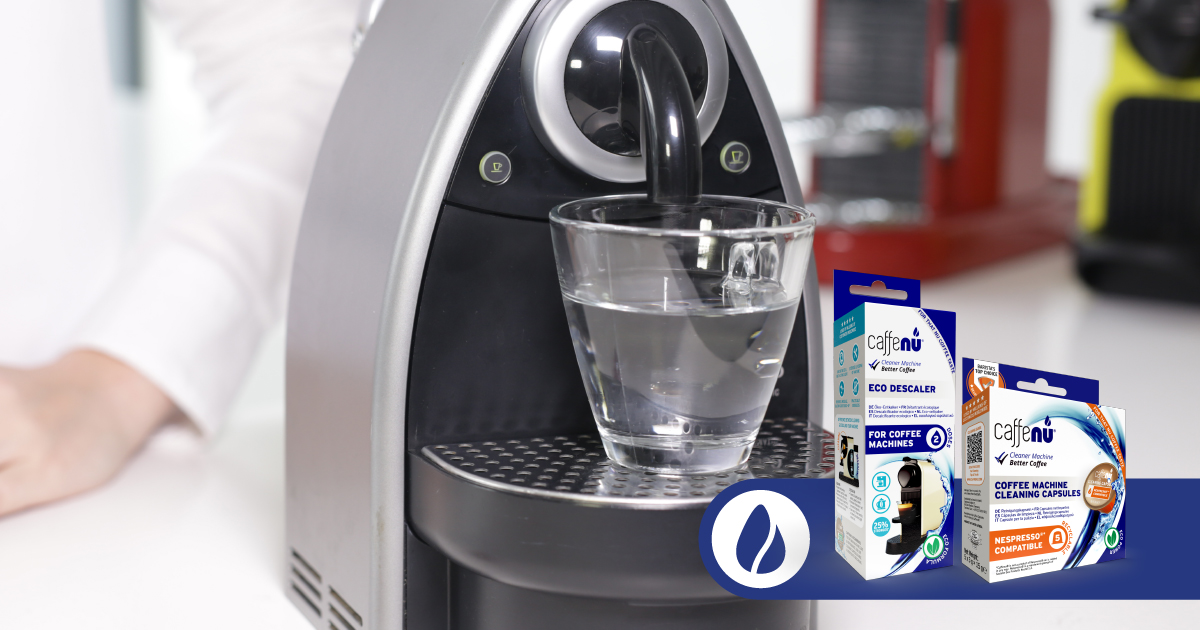
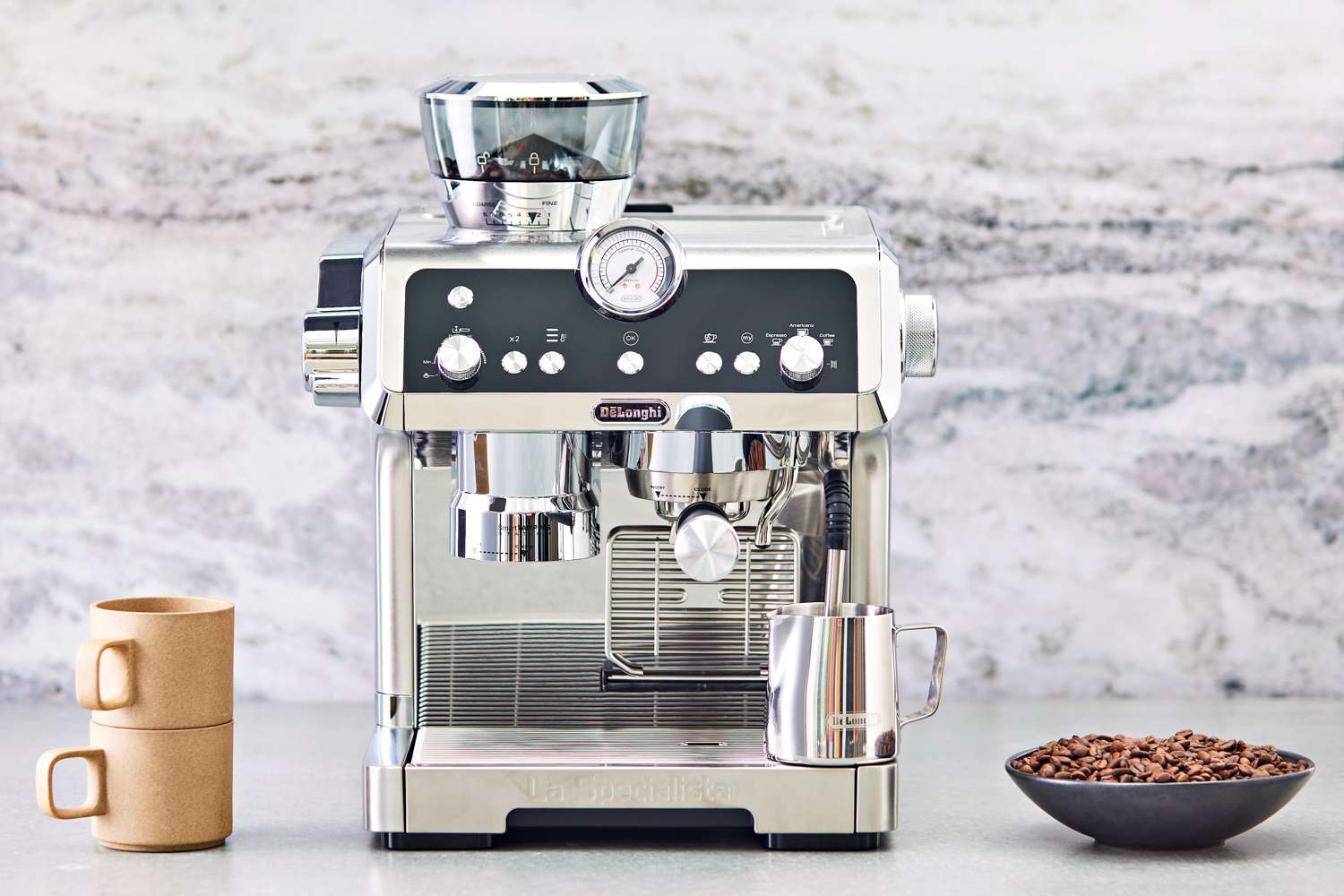
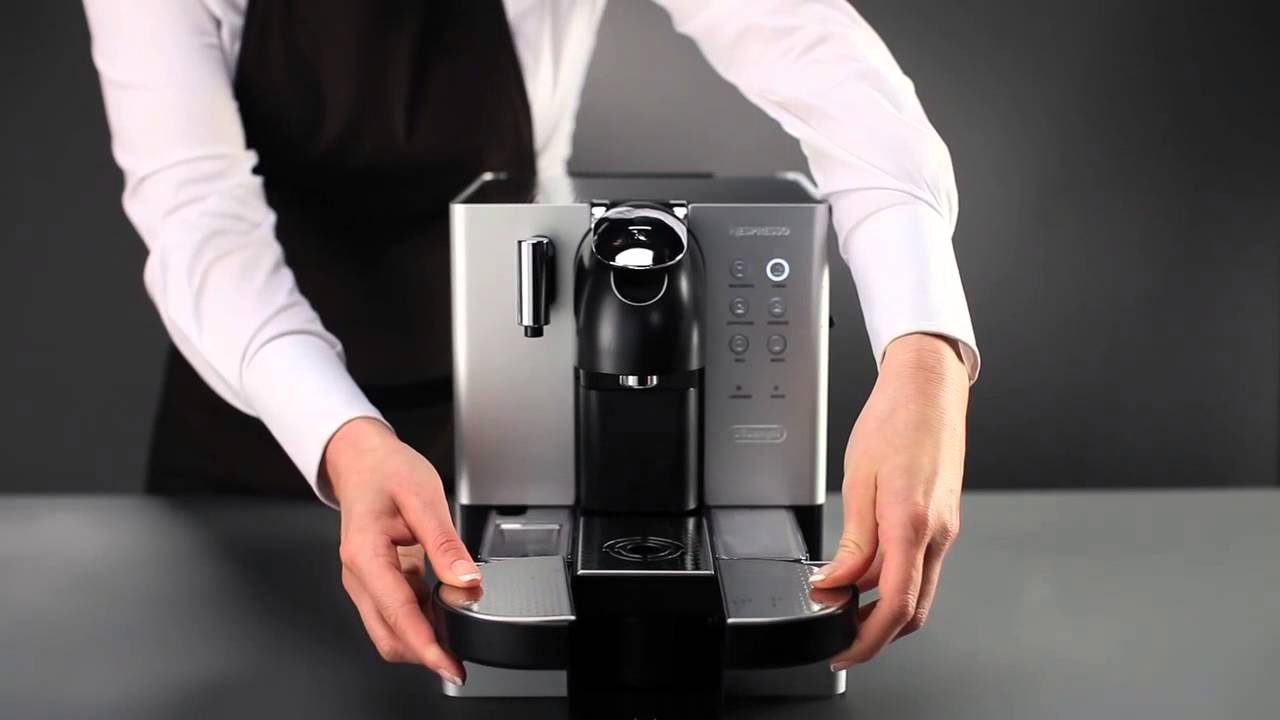

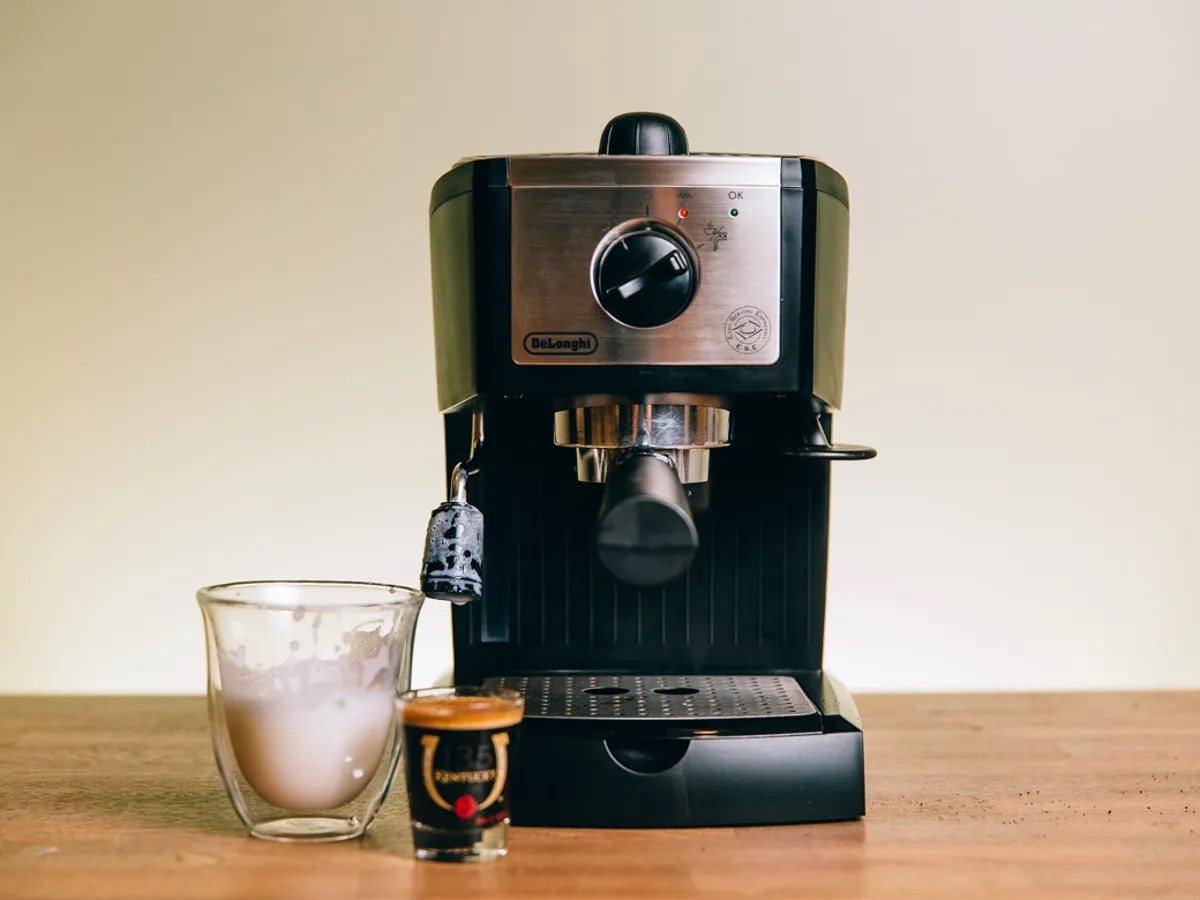

0 thoughts on “What Can Be Used To Descale A Coffee Machine”